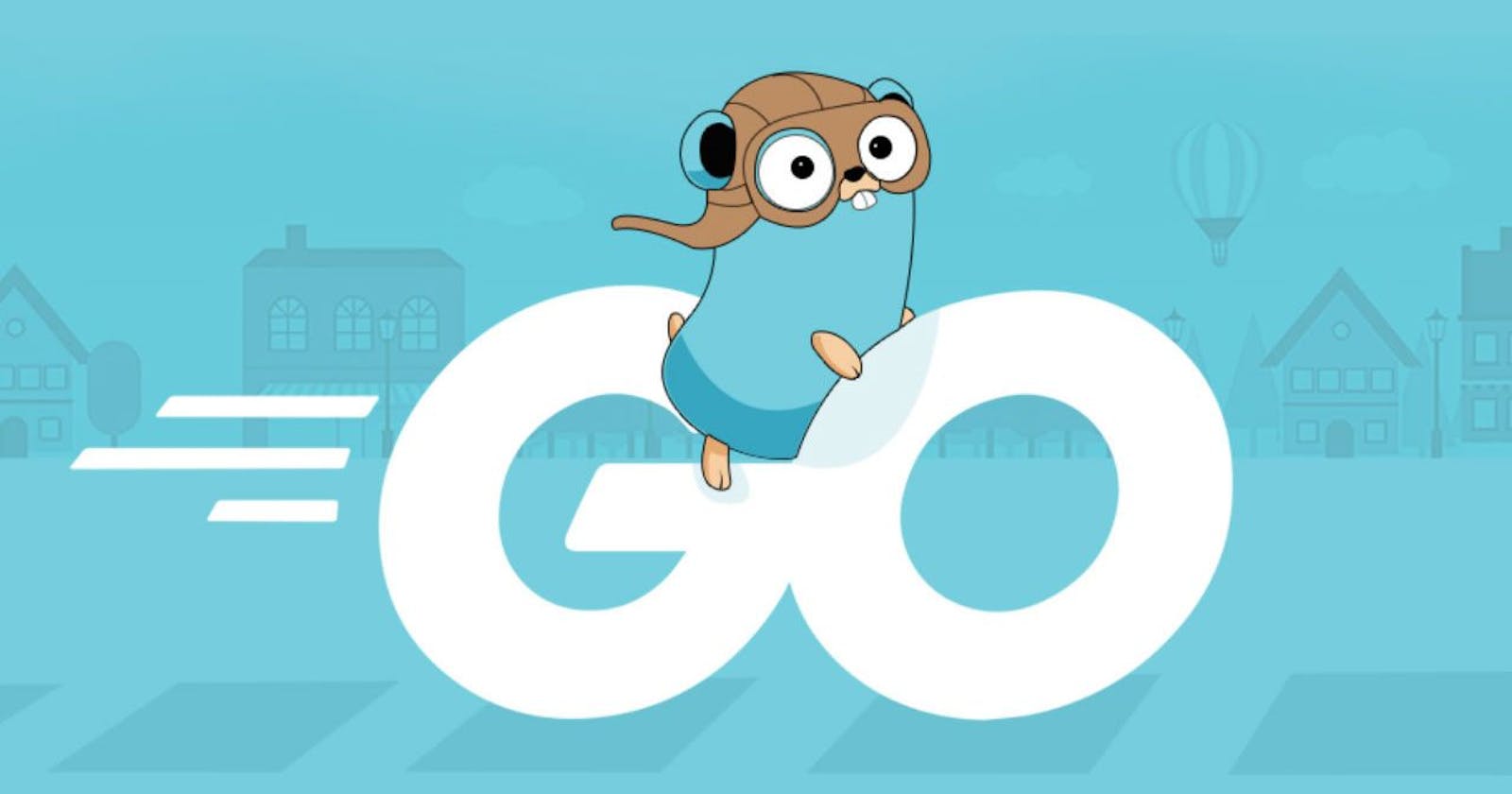Introduction
Welcome to the world of Go, also known as Golang! Developed by Google in 2007, Go is an open-source programming language designed to offer speed, efficiency, and modern capabilities for building scalable and concurrent software applications.
What is Go? Go is a statically-typed language, meaning variable types are determined at compile-time. Its syntax is simple and easy to learn, making it an ideal choice for developers, whether they are beginners or seasoned professionals.
Key Features of Go:
Concurrency Support: Go shines with its built-in concurrency support, allowing developers to write concurrent programs effortlessly. The use of goroutines and channels simplifies parallel processing.
Performance: Go is compiled directly into machine code, resulting in fast and efficient programs. Its garbage collector manages memory allocation, aiding in writing safe and stable code.
Garbage Collection: Go incorporates automatic garbage collection, simplifying memory management and reducing the risk of memory leaks.
Simplicity and Productivity: The language's simplicity fosters productivity, making it an ideal choice for quick development and collaboration among developers.
Go vs. Golang: While the official name is "Go," it's also commonly referred to as "Golang" due to its domain name, golang.org. Both terms are used interchangeably in the developer community.
Origin of Go: Go was born out of Google in 2007 by Robert Griesemer, Rob Pike, and Ken Thompson. The goal was to create a language that is easy to learn, efficient, and suitable for modern hardware, addressing shortcomings seen in existing languages.
Why Go Matters:
Simplicity and Productivity: Go's simplicity and concise syntax enhance developer productivity.
Concurrency: The built-in support for concurrency simplifies writing fast and scalable programs.
Performance: Go's compiled nature results in efficient machine code, making it suitable for various applications.
Open Source and Community: Go is open-source, allowing for collaborative development. Its active community contributes to its growth and richness.
Applications of Go
Go finds its application in various domains, including:
Web Development: Go is well-suited for building web applications and APIs.
Network Programming: Its concurrency support makes it ideal for building networking applications.
System Programming: Low-level capabilities make Go suitable for system-level programming.
Distributed Systems: Concurrency and performance capabilities make Go a choice for distributed systems.
Data Science: Go's growing ecosystem supports data science, including machine learning and data analysis.
Companies Using Go:
Several prominent companies use Go in their tech stacks, including:
Google: Go is extensively used for building infrastructure and services.
Uber: Go powers microservices, dispatch systems, and payment processing.
Dropbox: Go is used for backend services, leveraging its efficiency and simplicity.
Dailymotion: Video-sharing platform using Go for backend systems.
Twitch: Go is employed for backend services in the live streaming platform.
Popular Software Built with Go:
Docker: The containerization platform was originally written in Go.
Kubernetes: The container orchestration platform is another significant Go-based project.
Prometheus: A monitoring and alerting system designed in Go.
Hugo: A static site generator showcasing Go's simplicity.
CockroachDB: A distributed SQL database leveraging Go's concurrency.
InfluxDB: A time-series database harnessing Go's performance.
Consul: A distributed service mesh and configuration system developed in Go.
Conclusion:
Go, with its simplicity, performance, and concurrency support, has become a favorite among developers. Its applications span across web development, system programming, and beyond, making it a versatile language for modern software development. Whether you're a beginner or an experienced developer, exploring Go can be a rewarding journey into the world of efficient and scalable programming.

